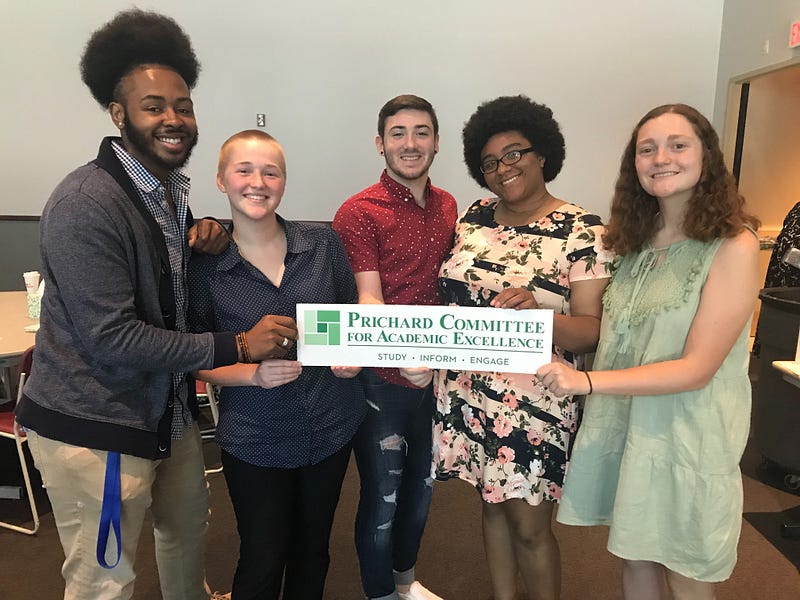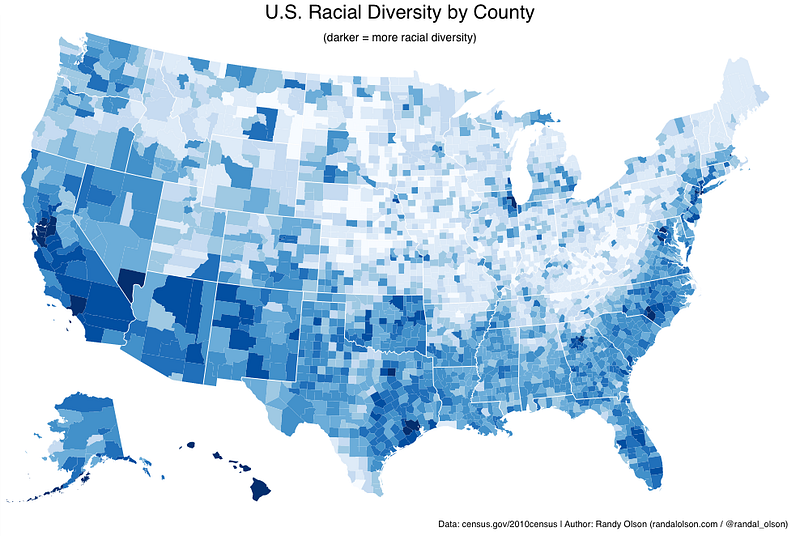Most research shows that college is a worthwhile investment. A college degree, often called a “ticket to the middle class,” is proven to boost incomes and promote financial success. But that’s only if you can get one. For thousands of students, the cost of college poses an immediate burden that outweighs any future fiscal benefits.
People nationwide are focusing on this problem, with everyone from presidential candidates to premier research institutions offering plans to address the student debt crisis and make postsecondary education affordable. But comparatively little attention has been paid to the students themselves — to their successes and shortfalls, ideas and experiences. To that end, we sat down with three students to ask what they thought about college affordability.
Following are the thoughts of one of our interviewees, Lakin Dillingham.
For me, getting a degree is social capital. It’s basically the driving factor. I grew up in a family that was really stressed about food stamps and SNAP. I was watching my mom being embarrassed about using [public assistance] and waiting until the grocery store was emptier before we would go in so people wouldn’t see us use it. So I’ve grown up very aware and very financially insecure, and I saw getting a degree as the only way to get out of that.
This is a family that’s very dependent on one another, generationally, and I guess I was the result of intergenerational poverty. My grandparents lost their farm before I was born. But my mom, my parents, all my aunts and uncles, they grew up doing farm work after school. Once they lost their farm, my papaw became a trucker, my grandma didn’t work and was a housewife. I would get off the bus at my mamaw and papaw’s, and we would help them make rock. We made concrete rock, so that’s what we did after school. I was raised that we worked to support each other. We got jobs to keep each other up, to keep each other standing. The idea was to go to school because that will really help us get a foot up.
One of the biggest barriers for me in getting financial aid was that I had to move out at seventeen years old to work and to get away from an abusive situation. So in the midst of leaving a family but also having to support your siblings, there was this idea that if you still have contact with family members, it’s not an abusive situation. When trying to fill out the [aid] form, while I was helping buy groceries and maybe buy toothpaste, maybe shampoo, even though I wasn’t actually living there any more…The form itself was worded in a way that bars a lot of people from even applying. I have it in an email, and I’ll even read it to you:
Please note that the Department of Education identified work conditions which do NOT constitute unusual circumstances or warrant a dependency override. The conditions are:
1. Parents are unwilling or unable to contribute to students’ costs
2. Parents are unwilling to provide information on the FAFSA
3. Parents not claiming the student as independent for income tax purposes and
4. Student does not live with parents and is financially self-supporting
These are the reasons you don’t qualify as an unusual circumstance.
So you read that and you have people that aren’t really familiar with the process and don’t themselves know what a usual circumstance is. And being still involved with that abusive family relationship, it’s hard to just directly go to administrators and say, “Yes, this is an abusive situation. That’s what makes it unusual.”
But I eventually got in contact through another person, a friend of mine who was involved in student voice and had help from the Prichard Committee as well. And I was able to find people who were able to give me the language I needed. Being in that situation, it’s hard to put things into words so that people will believe you. Even while explaining that I’m living in my car and I’m working two jobs, I have a gym membership so that I can shower, I keep my valuables in my locker there, even with that situation I somehow still didn’t count [as an unusual circumstance] because I still had contact with family. They were still going by my family’s income. My stepdad is a lineman which meant that my family income was high enough to where I wouldn’t get much aid at all. Each semester I was having to pay more and more out of pocket to the point where I couldn’t keep up at all, because I was already losing a lot of sleep to work sixty plus hours during the summer and thirty-five to forty during school. I have about $25,000 in loans. I can only hope that…I don’t know! That’s something I don’t have a solution for.
I didn’t really know how to advertise or sell myself to people [in high school].
This semester, now that I actually have CAP grants, and the help that I’ve gotten to have the dependency override, I won’t have to work full time. I’ll just have to work part time. That’s going to generally average around twenty hours per week, and then full-time school. But up until now, it’s been typically two jobs during school and then three during the summer. Because I had to work during the day and then be in school the rest of the day, getting Internet to finish assignments meant sitting in a McDonald’s parking lot on my laptop. I was fortunate. I recognize that other people don’t even have a car they can sit in. They don’t have a laptop they can use. It was a lot of Monster Energy drinks.
There needs to be more outreach for those students in strange situations, instead of just telling them, “Oh, this doesn’t work for you, oh well.” There have been situations where I’ve been told, “Sometimes you just have to stop going to school and save money to come back.” And even though I knew there were other [options] accessible to me, I didn’t have the right people around me to give me that access. A lot of these programs that are meant for the people in need, they’re not voiced in a way that makes them accessible to those people. The dependency form itself was the barrier [for me]. It was meant for people in my situation but its language barred me from being able to use it. We need to get people who are trauma-informed involved in the process of making those forms. And people who are trauma-informed to actually be taking people through the process, not just simply training someone who got their degree and never had to deal with financial issues themselves. We have to give those people the platforms and capacity they need, so that they can help other people in those situations.

Lakin Dillingham is a senior at Eastern Kentucky University and a graduate of Knox Central High School.
This discussion was conducted and transcribed by Rachel Belin and edited for clarity by Sadie Bograd, who wrote the introduction. This piece is the second part of an ongoing series about college affordability drawn from a panel discussion conducted in Frankfort, Kentucky on August 21, 2019 by the Prichard Committee College Affordability Working Group.
The Student Voice Forum is a publication of the Kentucky Student Voice Team. The opinions expressed on the Forum represent the individual students to whom they are attributed. They do not reflect the official position or opinion of the Kentucky Student Voice Team. Read about our policies.
The Student Voice Forum and the Student Voice Team were part of the Prichard Commitee for Academic Excellence when this piece was published.












